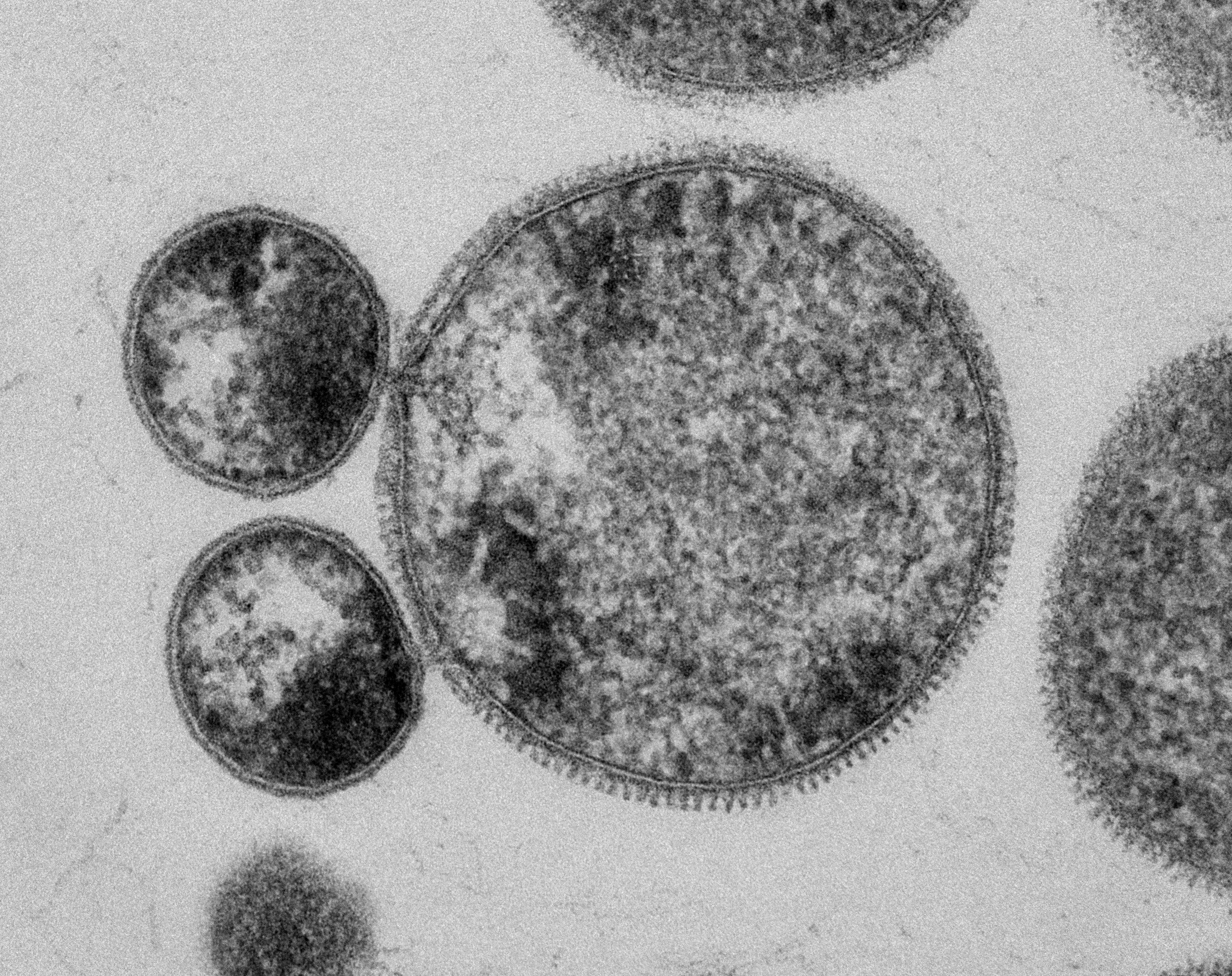Obligate symbiotic, thermoacidophilic DPANN archaea capable of growing under aerobic conditions
The DPANN group is a superphylum-level archaeal clade, proposed in 2013. This group is suggested to be one of the deepest branches in the domain Archaea. DPANN archaea have been found in a variety of environments, including hot springs and soils, and are especially dominant in oligotrophic groundwater environments in some cases, but their ecological role is largely unknown. Although the genomes of nearly 1,000 species of DPANN archaea have been reported so far, only about 10 species have been successfully cultured in the laboratory, and all of them require host organisms for their growth, i.e., obligate symbiotic. The mechanism of their symbiosis has not been elucidated. Thus, DPANN archaea are of great interest to the physiology, ecology, and evolution of life. Currently, two strains of thermoacidophilic DPANN archaea capable of growing under aerobic conditions are available from JCM.
Nanobdella aerobiophila JCM 33616T
“Microcaldus variisymbioticus” JCM 33787T
N. aerobiophila JCM 33616T and “M. variisymbioticus” JCM 33787T belong to the candidatus phyla “Nanoarchaeota” and “Microcaldota“, respectively. Both stains are obligate symbiotic and are provided as co-cultures with their host archaea.
References:
Kato et al.
Nanobdella aerobiophila gen. nov., sp. nov., a thermoacidophilic, obligate ectosymbiotic archaeon, and proposal of Nanobdellaceae fam. nov., Nanobdellales ord. nov. and Nanobdellia class. nov.
Int. J. Syst. Evol. Microbiol. 72: 005489, 2022.
DOI: 10.1099/ijsem.0.005489
Sakai et al.
Insight into the symbiotic lifestyle of DPANN archaea revealed by cultivation and genome analyses.
Proc. Natl. Acad. Sci. USA 119: e2115449119, 2022.
DOI: 10.1073/pnas.2115449119





